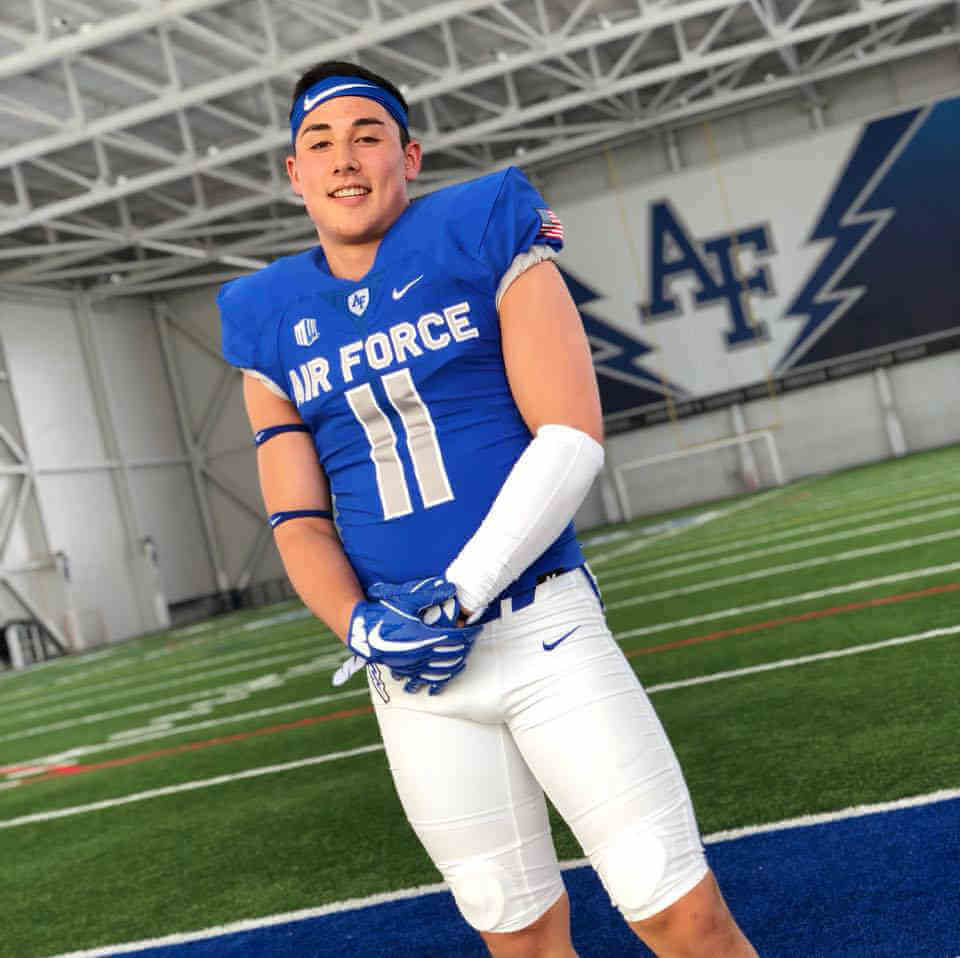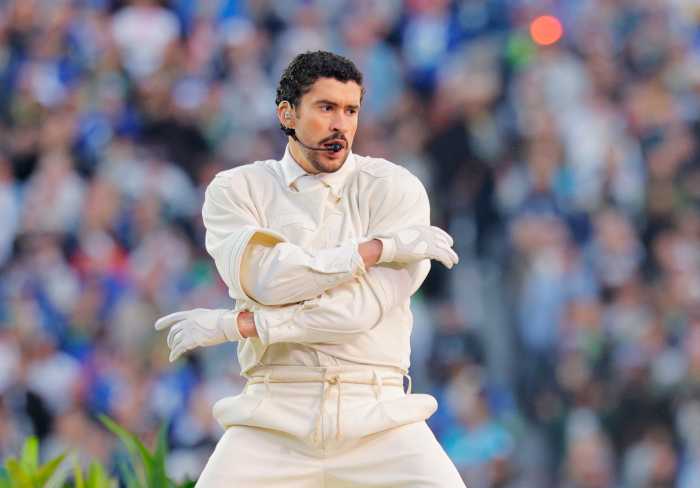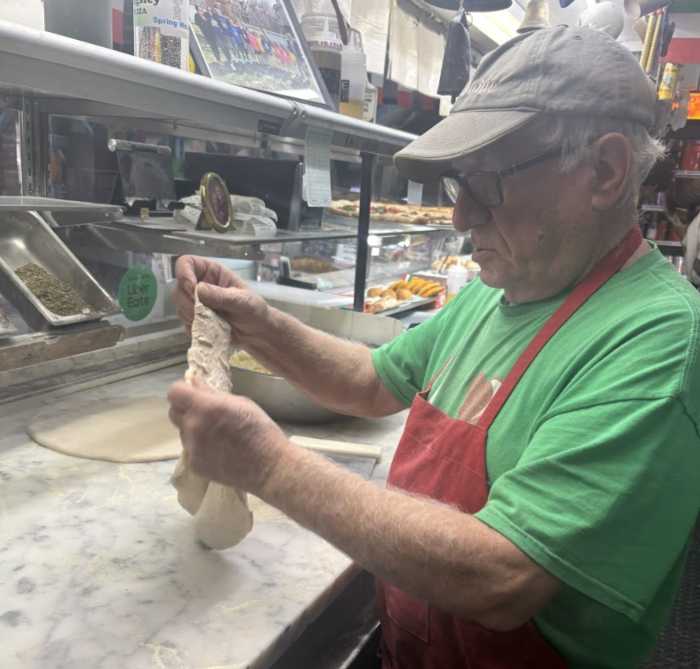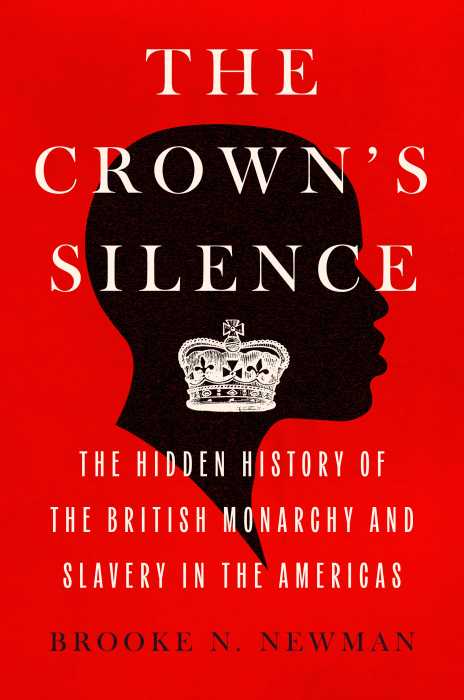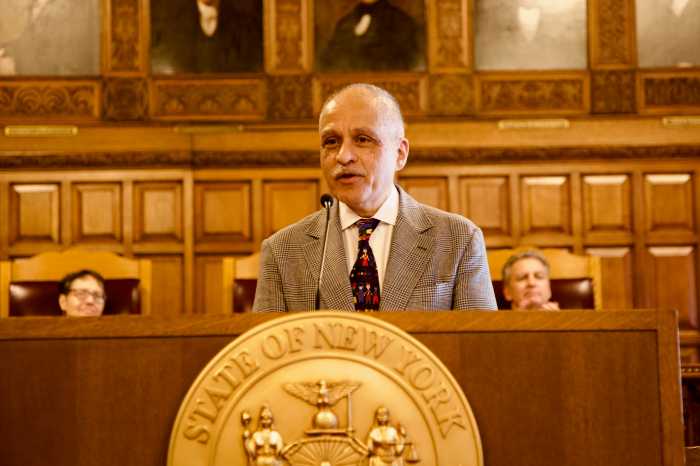From the Colorado Springs Gazette comes this heartwarming story, and no, I’m not being snarky for a change: “Air Force football player Bradley Kim comes out as gay in a first for military academies.” Penned by Brent Briggeman, the story is fascinating for several reasons, not the least of which is that Colorado Springs, which is where the Air Force Academy is located, is notable as one of the most right-wing places imaginable, and yet the Gazette’s coverage is pretty much celebratory.
“While an increasing number of athletes have felt comfortable similarly going public with their sexuality,” Briggeman writes, “it is a rarity among football players and it had yet to happen for an active player at Air Force, Army or Navy.”
Kim came out in person to his teammates and to the public via Instagram and the LGBTQ website OutSports.
“‘I hope that I can serve as an example to those who are allowing their fear of acceptance to change who they are,’ Kim wrote on Instagram. “‘I almost gave up my dream of playing division 1 football for fear of not being accepted by everyone, but today I am happy to say that I am a cadet at the Air Force Academy playing the sport I love with amazing people standing behind me and supporting me. If anyone feels like they don’t have a voice or feel like they are alone, just know there are plenty of people out there like you and me, and more that are willing to talk to you about it. God bless all and thank you to everyone who has made me feel comfortable to live my most genuine life.’”
I base my claim about the ultraconservative nature of Colorado Springs on the fact that 40 percent of the city’s economy comes from the military. In addition to the Air Force Academy, the city is home to Fort Carson, Peterson Air Force Base, NORAD (part of which, for security’s sake, is buried deep within Cheyenne Mountain), and Schriever Air Force Base. Moreover, our good friends at the gay-hating Focus on the Family are headquartered there. There are also many military retirees who passed through the city during their time of service and were so attracted by what the Springs tourist bureau touts as an average of 320 days of sunshine every year that they moved back in their golden years. (You may be wondering why I know these things; I was a visiting prof at Colorado College a number of times.)
“‘I’ve spent too many years worrying what other people will think and letting it affect what I do in my daily life,’ said Kim — whose brother, Mitchell, played soccer and graduated from the Air Force Academy — to OutSports. ‘And I’m kind of done with that. It doesn’t affect my ability to play football. It doesn’t affect my ability to serve my country. No one cares here. We all go through the same thing, we all go through basic training. What we go through going through the academy goes way deeper than worrying about what someone will think.’”
Kim’s teammates are thoroughly supportive. His fellow defensive backs responded to his announcement by giving him a standing ovation.
“‘I can’t imagine the amount of courage it took for him to open up about this,’ teammate Demani Hansford said. ‘Love you bro! Always be yourself!’ added Tre Bugg. ‘Love you brother, so damn proud of you!’ James Jones IV said.”
Briggeman adds, “In his social media announcement, the Seattle native referenced Jeremiah 29:11, adding, ‘God made me this way for a reason.’”
In case you’re wondering what’s in Jeremiah 29:11, here it is: “‘For I know the plans I have for you,’ declares the Lord, ‘plans to prosper you and not to harm you, plans to give you hope and a future. Then you will call on me and come and pray to me, and I will listen to you. You will seek me and find me when you seek me with all your heart.’”
Take that, Focus on the Family.
However, Briggeman repeats what OutSports’ Cyd Ziegler calls an outdated myth when he writes that coming out is rare among college football players.
“By the time Bradley Kim came out to the world last week,” writes Ziegler, “he knew he and his team were ready for it. The Air Force football player had talked to many college athletes, including some in football, and heard nothing but positive stories about their teammates supporting them.
“Yet a belief still exists, like the mythology of a bygone era, that gay athletes coming out to their teams, especially in football, will be roundly rejected. This defies the actual real-world experiences of Arizona’s My-King Johnson, Kansas State’s Scott Frantz, Butler’s Xavier Colvin, Indiana State’s Jake Bain, Willamette’s Conner Mertens, Chapman’s Mitch Eby, and many others across the sport.”
Ziegler continues, “I was at a dinner party recently talking about the widespread acceptance of gay athletes in high school and college sports with several gay men, none of them in sports. With every story of acceptance I shared, and every statistic I offered that showed an embrace by straight athletes, these men twisted themselves to explain that somehow every story and stat was faulty, and that football players in fact reject their gay teammates.”
Maybe it’s time to ask why we insist on defining ourselves by our oppression.

